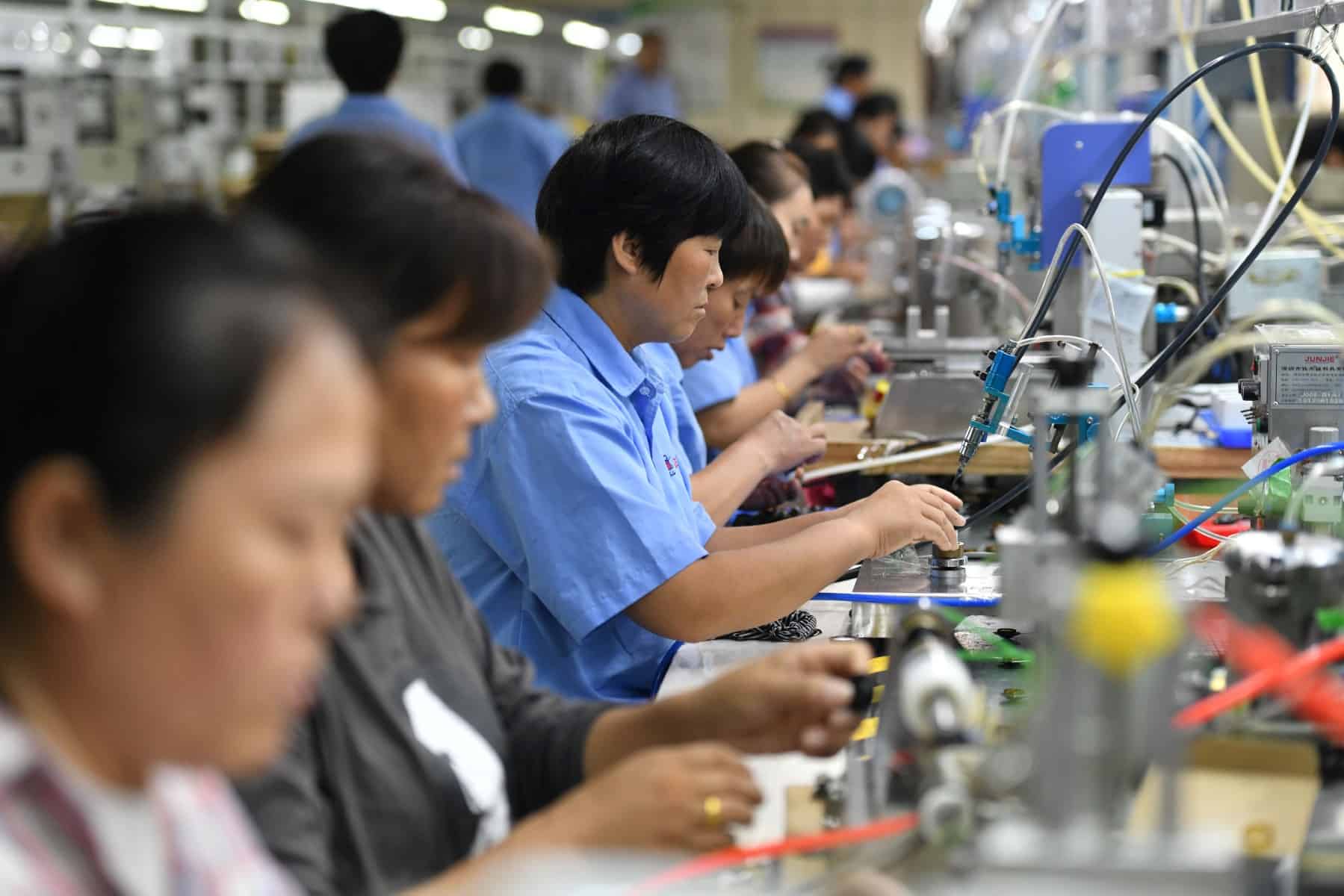Tokyo, Japan — Bosses worried about turnover or wondering how long a new hire will stick around can now turn to AI for a heads-up on who might be next out the door.
The artificial intelligence tool was developed by Japanese researchers to try and help managers provide targeted support to staff to stop them from quitting.
It crunches data on employees at a company, from their attendance record to personal information such as age and gender, and was created by Tokyo City University professor Naruhiko Shiratori with a start-up based in the Japanese capital.
The tool also analyses data on employees who left the company, or took a leave of absence, to create a turnover model for each firm.
Then when fed data on new recruits, it predicts who is at risk of quitting “in percentage points”, Shiratori, a media education expert, told AFP on Friday.
“We are currently testing the AI tool with several companies, creating a model for each one.”
Bosses could use the results to “suggest to the high-risk employee — without showing a raw figure, which could be shocking to him or her — that the company is ready to offer support, because AI suggested they may be facing difficulties”, Shiratori said.
To create the tool, the researchers built on a previous study using AI to predict the characteristics of university students likely to drop out.
Now they are planning an upgrade so that the AI tool can suggest suitable assignments for new employees by analysing information from job interviews, as well as their characteristics and personal histories.
Japanese businesses traditionally all hire graduates at the same time each year, but about one in 10 recruits fresh from college quit their jobs within a year, government data shows.
Around 30 percent leave their company within three years, according to the labor ministry.








